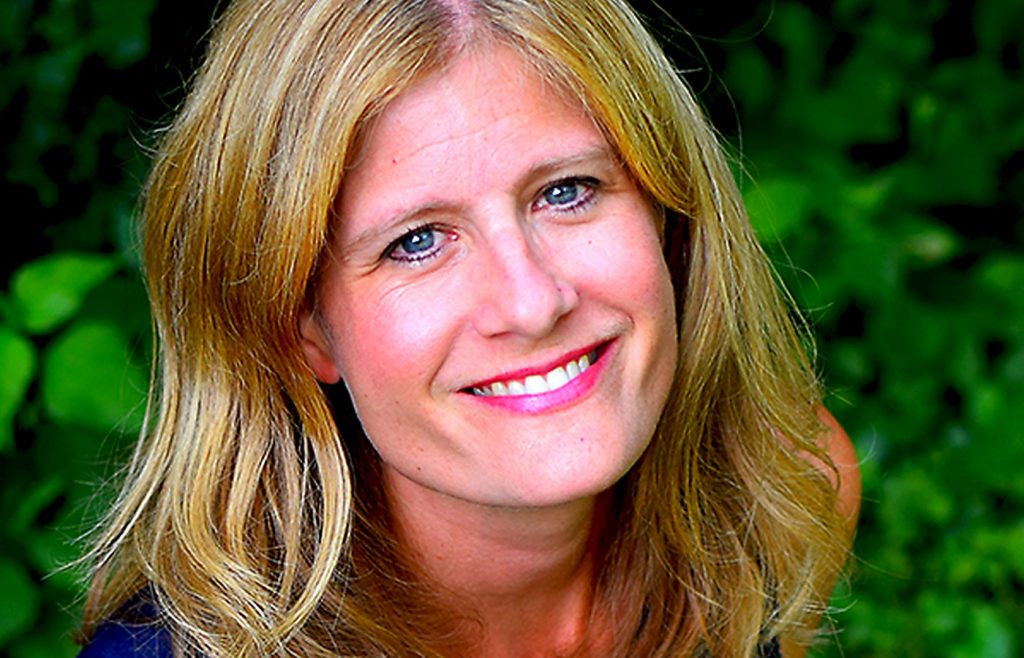
Two graduates of the Iowa Writers’ Workshop have lovely, ambitious new novels, each featuring a makeshift family coming together to navigate a new world.
The House of Impossible Beauties by Joseph Cassara
In The House of Impossible Beauties, Joseph Cassara transports readers to New York City in the 1980s and 1990s in the company of characters who are navigating the shifting terrain of their identities, the travails of sex work, and the glittery Harlem ball scene.

Cassara’s debut is grounded in the documentary Paris is Burning, and the author draws inspiration from the real-life individuals in the film as part of his fictional portrayal of the time and place. This is handled seamlessly, and readers need not know the documentary to engage with the novel. Cassara brings his cast of characters vibrantly to life, employing a omniscient narrative voice that borrows from each character’s speech patterns as the focus shifts from person to person. That voice pours out an amalgam of Spanglish and slang, all while clearly defining characters who are often in the process of defining themselves.
Here, for example, the narrator takes us inside Venus’s thoughts as she agonizes over keeping a secret from Angel:
If guilt were something that weighed an ounce, she’d have so much of it that she’d be running marathons to shed the extra pounds. Venus and Angel had always been tight. Like, wasn’t that their thing? They could go through the thick and thin, call themselves the Ladies Who Lunch, and tease the straight boys who were so clearly from other places, so clearly so new to New York that they were too polite to talk back to the two sassy Latin boys in drag pumping up the sass machine right in front of their very eyes. Yes, girlfriend, that was their thing.
The House of Impossible Beauties is itself a thing of beauty. Cassara’s is a strong new voice.
The Rending and the Nest by Kaethe Schwehn
The world undergoes a radical, inexplicable change in Kaethe Schwehn’s new novel, The Rending and the Nest. In a twinkling, much of the population vanishes, physical structures are undermined in mysterious ways, and enormous heaps called Piles appear containing a hodge-podge of creatively repurposed items. This is not the Biblical Rapture. Those left behind call it the Rending, a name also drawn from Christian scripture but with a different connotation.
The story is narrated by Mira, a young woman who has helped create a community known as Zion, located not far from Zion Township in Minnesota. The equilibrium of the makeshift town is shaken when Zion’s women begin giving birth to seemingly random inanimate objects. Soon, a sense of ceremony attends these births—until a charismatic visitor threatens to undermine everything about Zion.
Schwehn, who graduated from the Writers’ Workshop with an MFA in poetry, crafts her altered world with care and her characters with empathy. Mira’s story isn’t focused on figuring out why the Rending happened, but on how to make a life after it has. Raised by a minister, Mira has lost the surety of her faith, and the novel is deeply interested in how meaning might be made in the face of the apparently meaningless.
On an unobtrusively meta level, the novel is also about the creation of narratives and the shaping of one’s own story even as others might try to assign significance to your experiences or actions. The ending of the novel is deeply satisfying, not because the book’s mysteries are explained away, but because Mira has fully embraced her own story—and found someone to whom to tell it.
This beautiful, sad, hopeful novel is highly recommended.
